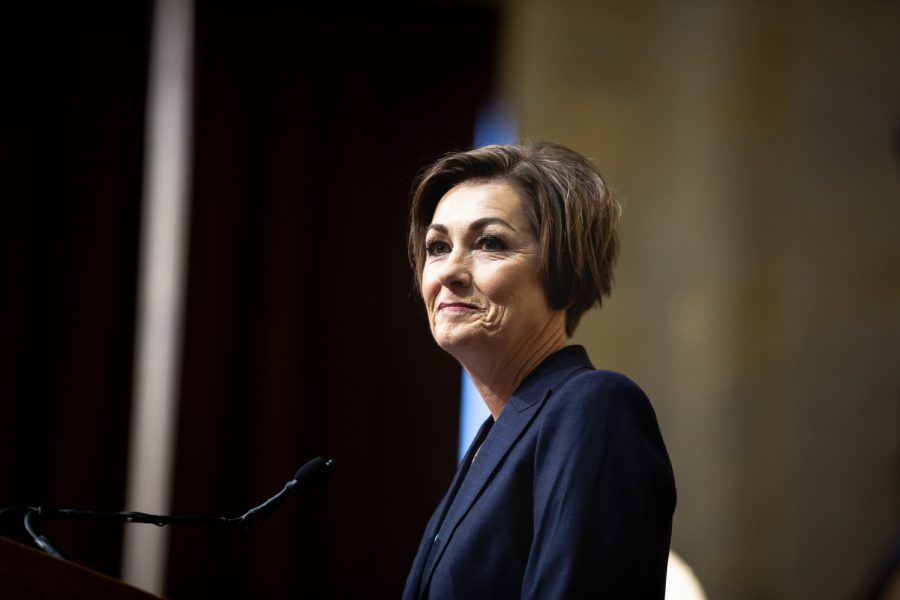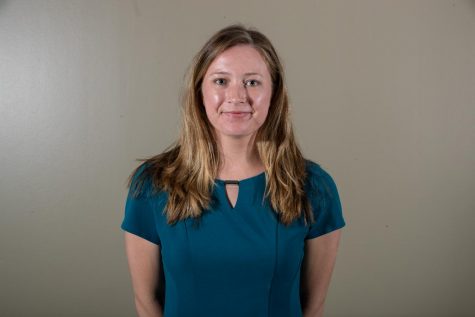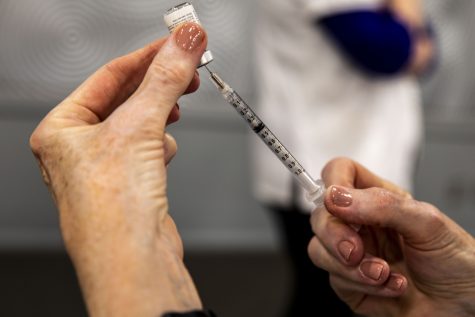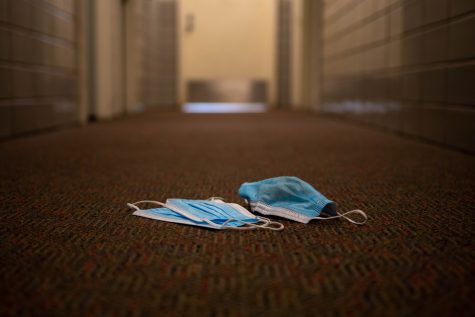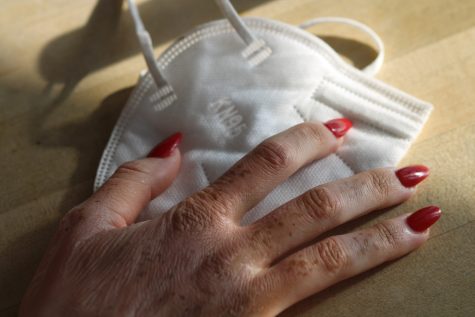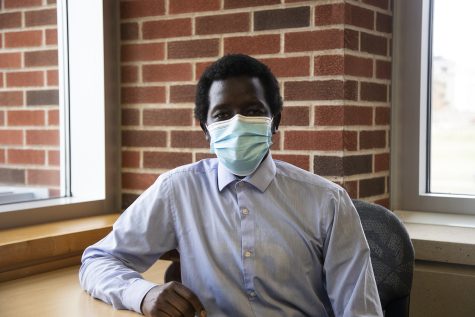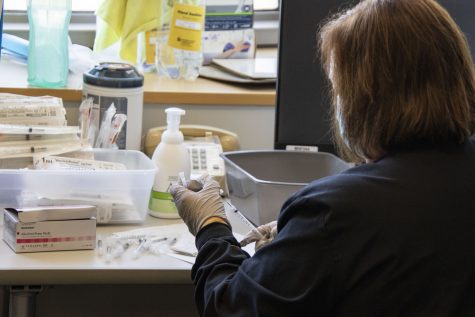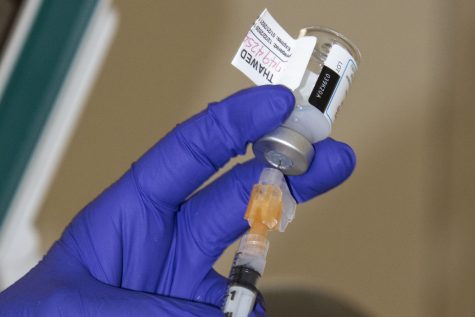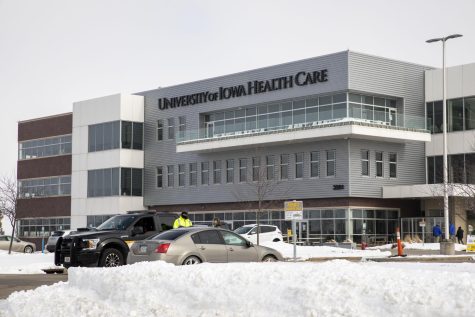Iowa case of coronavirus found without connection to travel, signaling a start of ‘community spread’
The cases of COVID-19 in Iowa has ticked up to 18 and now has begun to spread from person to person, Gov. Kim Reynolds announced in a Saturday evening press conference.
Gov. Kim Reynolds speaks during the Condition of the State address at the Iowa State Capitol on Jan. 14.
March 14, 2020
Eighteen people in Iowa have tested positive for COVID-19, Iowa Gov. Kim Reynolds announced Saturday. The latest individual to test positive wasn’t linked to travel to an infected area, beginning what public health officials call “community spread,” where the virus spreads from person to person within a community without knowledge of the source of the infection.
Because of the new transmission method, public health officials recommended avoiding traveling or attending gatherings of more than 250 people — especially for older Iowans and those with underlying health conditions.
The individual who tested positive is between 61 and 80 years of age and resides in Dallas County.
On Friday, Reynolds announced an end to work-related travel for all state agency employees and lifted weight restrictions for trucks in order to bring food, medicine, and other hygienic items to stores more quickly.
Reynolds said she’d be meeting with legislative leaders on Sunday to discuss plans for the remaining months of the legislative session. Republican leaders had previously said they had no plans to change course or suspend the session, which is scheduled to last until April 21.
The governor also didn’t call for K-12 school closures like more than a dozen other states have directed, citing Centers for Disease Control guidelines. The CDC guidelines lay out three tiers of school actions if the virus is found in the schools. If a student, faculty, staff, or visitor test positive positive for the virus, the CDC directs schools to suspend for a few days for cleaning to stop the spread of the virus. If significant numbers of staff and students are absent, schools should consider suspending school for 2-4 weeks. For substantial community spread, the CDC recommends longer suspensions of 4-8 weeks or more.
Public health officials cite a possible ripple effect by closing K-12 schools too early, Reynolds said. K-12 school meals are sometimes the only meals some students receive, and day care capacity could be strained by a closure. She added that there could still be social mixing and spread of the virus even if schools close, adding that the most at-risk population for the virus is older adults and those with underlying health conditions.
In a press release by the Iowa Department of Public Health, the Department of Human Services is taking steps to aid childcare facilities, including paying child care providers based on enrollment rather than attendance, and expediting licensing to increase capacity. Child care inspection and regulatory services will shift to provide technical assistance focused on hygiene and sanitation, the release stated.
Reynolds added that if people begin to experience coronavirus-like symptoms, which are characterized by a high fever, a dry cough, and shortness of breath, that they should call their health-care provider before going in, and ask about next steps for care. Iowa Medical Director and Epidemiologist Caitlin Pedati said that then, the physician would decide whether the patient needs a coronavirus test, and would be working with the Department of Public Health and the State Hygienic Lab for testing. The test involves swabs to the nostrils and throat, similar to the flu test, Pedati said.
A public hotline has been established for Iowans with questions about COVID-19. The line is available 24/7 by calling 2-1-1 or 1-800-244-7431.



